Published
6 months agoon
By
zaghrah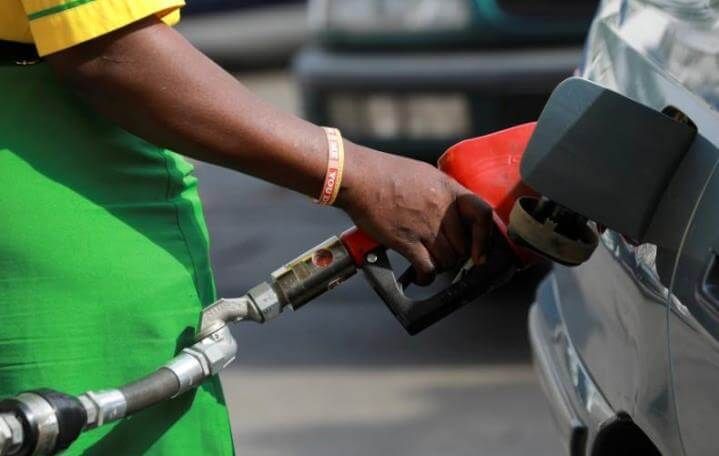
Starting Wednesday, August 7, 2025, petrol prices in South Africa are set to decrease modestly, while diesel drivers will be paying significantly more. It’s the kind of news that may spark a sigh of relief in one part of the parking lot and a groan in another.
If you’re driving a petrol vehicle, especially along the coast, there’s reason to smile. The Central Energy Fund (CEF) predicts a decrease of 29 cents for 95 Unleaded and 33 cents for 93 Unleaded. That puts 95 ULP at around R20.79 per litre at the coast, and R21.58 inland in Gauteng. The cheaper 93 Unleaded is expected to land at R21.46 in the province.
It’s a small but meaningful drop, especially after the recent increases in July that pushed petrol up by as much as 55 cents per litre. For many Gauteng commuters, it’s a welcome breather, just in time for Women’s Month travel plans.
But if you’re in logistics, farming, or just filling up your bakkie, brace yourself. Diesel prices are set to jump by 63 to 66 cents per litre, depending on the sulphur grade. This means 50ppm diesel could hit R19.28 at the coast and R20.04 inland.
That’s almost 60 cents higher than the January 2025 price, a painful climb for industries that rely on bulk fuel, and it’s raising eyebrows on social media. Several trucking companies have already flagged the hikes, with some warning that food transport and construction costs could climb in the coming weeks.
The mixed pricing news comes largely from global supply pressures, not local decisions.
While the rand gained slightly, contributing around five cents worth of relief, the real culprit behind diesel’s pain is the ongoing reshuffle of global fuel supply chains.
Since the European Union placed restrictions on Russian fuel imports, international markets have had to pivot. According to TotalEnergies CEO Patrick Pouyanné, diesel is now being sourced from refineries in the Middle East and the US—farther away and more expensive to ship. That means higher wholesale prices, and unfortunately, SA consumers are footing the bill.
He noted in an interview with Bloomberg that diesel prices will likely remain elevated for the foreseeable future, thanks to these longer supply routes and tighter availability.
South Africans took to X (formerly Twitter) over the weekend to air their frustrations.
“Petrol down, diesel up, what does that help the taxi industry?”
— @driverSA2025
“We’re saving 30 cents here and losing 60 cents there. It’s like dancing with debt.”
— @ladyfuelgauteng
Memes mocking the “relief” petrol drop have also gone viral, showing cars sipping from tiny cups labelled “29c cheaper,” while diesel trucks weep in the background.
This year has been a bit of a rollercoaster. Both petrol and diesel prices have increased twice and dropped four times since January. But this month’s split adjustment reminds us how fragile and globally influenced our fuel pricing system really is.
While petrol prices now mirror their January level (R20.80 for 95 ULP), diesel has veered upward, a concerning trend for transport-heavy sectors that could drive up prices in supermarkets and on shelves.
Remember, these projections are based on unaudited data from the CEF, and the Department of Mineral Resources and Energy will confirm official adjustments early this week.
Until then, it might be wise to fill up the petrol tank, but hold off on diesel if you can.
In Short:
Petrol is dropping by up to 33 cents per litre
Diesel could rise by up to 66 cents
Global supply routes and EU fuel bans are driving diesel higher
Expect knock-on effects in transport, agriculture, and grocery prices
Whether you’re planning a long drive for the long weekend or just trying to budget for the month, these fuel shifts will affect more than just your tank.
{Source: IOL}
Follow Joburg ETC on Facebook, Twitter , TikTok and Instagram
For more News in Johannesburg, visit joburgetc.com
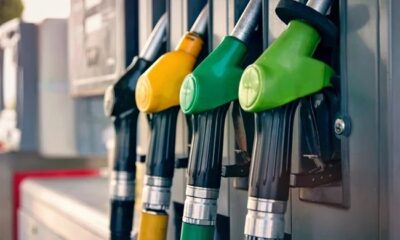

Petrol price relief fades as global oil tensions squeeze February cuts
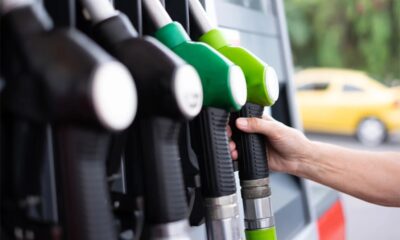

January Petrol Prices: Big Fuel Cuts Expected at the Pumps
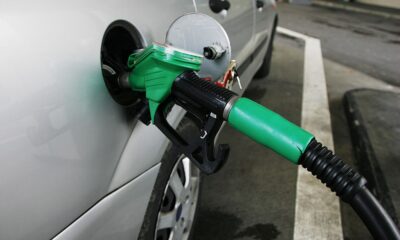

December Starts on a Sour Note as Fuel Prices Rise, Just in Time for Festive Travel
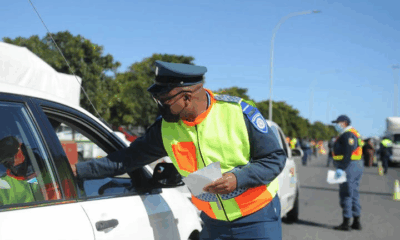

Aarto Rollout Marks the End of Ignored Traffic Fines in South Africa
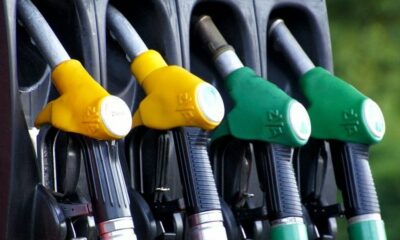

Relief at the Pumps: Oil Prices Tumble, Petrol Cuts on the Horizon
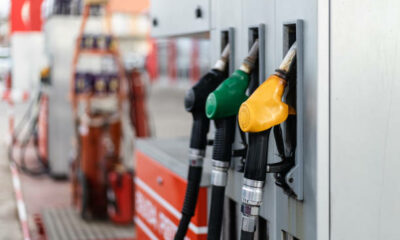

Good News at the Pumps: Petrol and Diesel Prices to Drop in September















